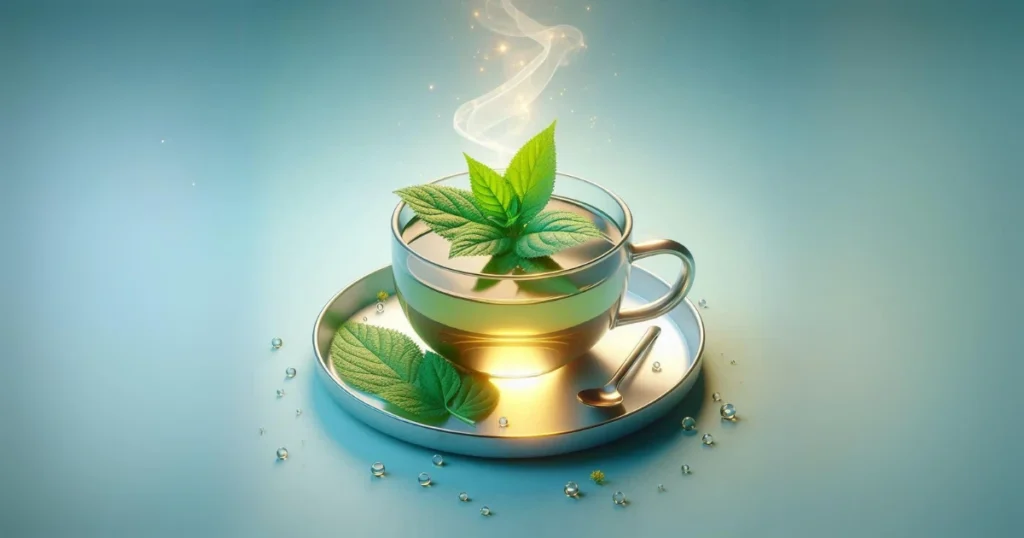
For generations, people have used Mullein tea, a tasty beverage, to treat a variety of ailments, such as chronic coughs, colds, and asthma.
The common mullein (Verbascum thapsus), a flowering plant native to Europe, Africa, and Asia, produces the leaves that give it its rich, aromatic flavor.
This page discusses the applications, benefits, and adverse effects of mullein tea, as well as how to prepare it.
Benefits and uses of mullein tea
Numerous health benefits have been associated with Mullein tea.
May treat respiratory disorders.
For thousands of years, people have used mullein to treat respiratory conditions.
It may be particularly beneficial in treating asthma, which causes your airway to enlarge and causes symptoms such as coughing, wheezing, and shortness of breath.
According to animal and human studies, mullein tea reduces inflammation, which helps relax the muscles in your respiratory tract.
The plant’s blooms and leaves are also used to cure numerous respiratory illnesses, including TB, bronchitis, tonsillitis, and pneumonia. However, no human studies have investigated the potential of mullein to treat these illnesses.
Fight viral infections
Some test-tube investigations indicate that mullein may have potent antiviral effects.
For example, one test-tube study examined many therapeutic herbs and discovered that mullein extract was especially effective against the influenza virus.
Other test tube experiments indicate that mullein extract may be effective against pseudorabies, a herpes virus.
Contains antibacterial properties.
Mullein tea may have antimicrobial properties, too. Mullein extract inhibited many types of bacteria, including Bacillus cereus, which is commonly present in soil and food, in one test tube investigation.
Another test-tube study found that mullein extract inhibited the growth of several types of bacteria that cause infections, including E. coli and Streptococcus pyogenes.
Despite the scarcity of human research, a study involving 180 children discovered that this plant could potentially treat ear infections, often caused by bacteria.
This three-day trial found that using mullein ear drops three times a day, along with many other herbal extracts, reduced ear pain by 93% on average. It is unclear, however, how much of this impact was due to mullein extract rather than other herbs included in the ear drops.
Potential side effects of mullein tea
Mullein tea is safe for most people to drink, with few side effects.
However, the mullein plant can cause skin irritation in some people, so use caution if you handle the herb directly.
The plant’s small hairs can irritate your throat, so drain this tea completely before drinking.
There is also no study on the safety of mullein tea for pregnant or breastfeeding women. As a result, these groups should consult a healthcare practitioner before using it.
If you experience any unpleasant side effects from drinking this tea, reduce your consumption or avoid it entirely.
How to Make It
Mullein tea bags, extracts, capsules, tinctures, and dried leaves are available at many health stores and online.
Moreover, many people plant mullein in their gardens and then manually dry the leaves.
To make tea with dried leaves, simply place a small handful in an 8-ounce (240-ml) cup of boiling water and steep for 15–30 minutes. To avoid throat irritation, use a strainer or cheesecloth to remove as many leaves as possible.
If desired, add raw honey, cinnamon, or a lemon wedge.
The bottom line
The mullein plant produces mullein tea from its leaves. Although human research is limited, test-tube studies indicate that it may alleviate certain respiratory disorders, such as asthma, and even combat viruses and germs. This tasty tea is simple to produce at home and has very few adverse effects.


